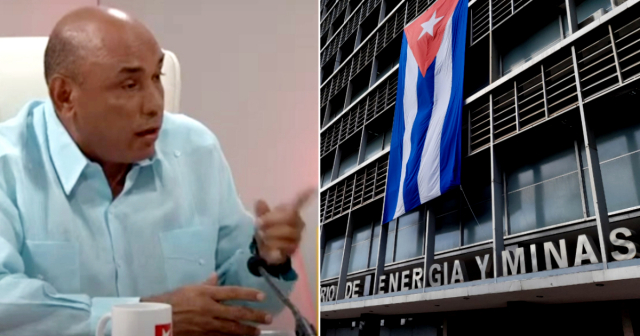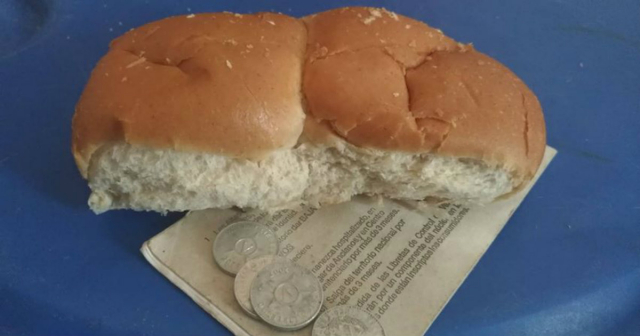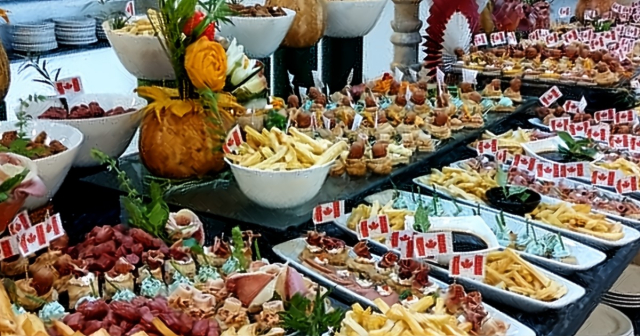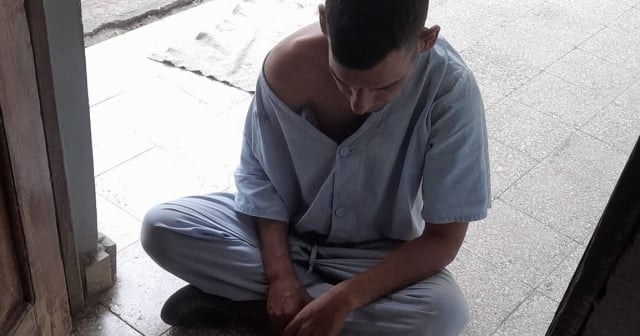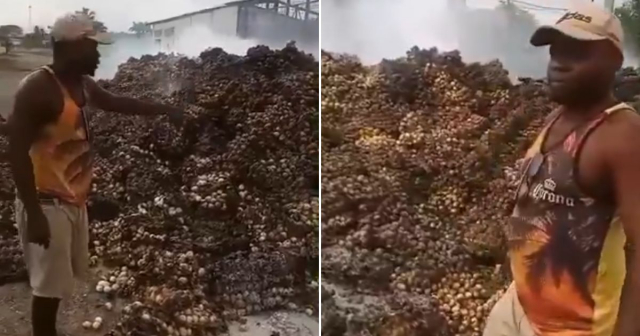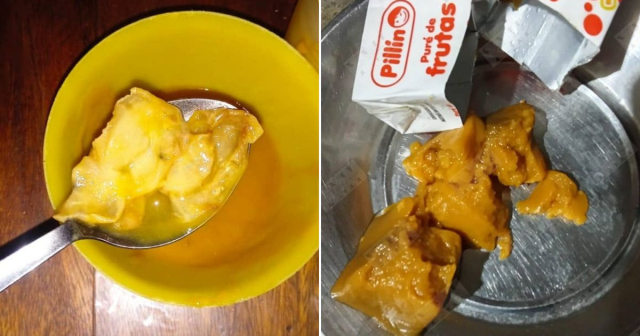The Minister of Food Industry (MINAL), Alberto López Díaz, emphasized in his message that Cuba has the necessary infrastructure and technology to produce food; however, the lack of "raw materials" prevents the government from "ensuring contributions to the regulated basic basket."
His appearance this Thursday on the state-run television program Mesa Redonda included astonishing statements about the food shortages affecting the country and the increasing food insecurity experienced by the population.
"In the National Assembly, we explained to the people that we have the conditions, the installed capacity, and the strength given to us by the Revolution in all provinces. We have food production industries, and we have the capacity to produce more than one million tons in the country, [but] we do not have the raw materials," said López Díaz.
With his words, the head of MINAL passed the "hot potato" to his counterpart at the Ministry of Agriculture (MINAGRI), Ydael Pérez Brito, justifying the unproductivity of his sector by citing the lack of "raw materials" for industrial processing.
"If the raw material appeared, we would start transforming," said López Díaz, shifting the responsibility for the shortage of processed foods to Pérez Brito, who acknowledged a significant decline in protein production, poultry farming, and pig farming by mid-October, due to a lack of supplies, fuel shortages, and adverse weather conditions.
"Thanks to the Revolution," the minister stated, Cuba currently has facilities in all provinces for the "dairy industry, meat industry, fishing industry, processed foods industry, coffee industry…".
"All those industries are spread throughout the country. We also have a strength in our organization, which is the more than 100,000 affiliated workers—committed workers who have a sense of belonging and know how to perform their tasks," he added.
In mid-October, on the same television program, Pérez Brito reported on the challenges facing Cuban agriculture in 2024, acknowledging that the country does not exceed 200,000 tons of food produced.
In this regard, the official acknowledged significant losses in the pig farming program, in egg production, and other areas. While producing between four and five million eggs daily, his ministry now manages to deliver only one million two hundred thousand, provided that the producers can feed the livestock they have.
"For example, in the poultry program, four years ago we had eight million hens, including layers, breeders, and replacements. Today we have three million. We have decreased by five million hens in four years," said Pérez Brito.
He also explained that "four years ago, we had about 96,000 breeding sows, which allowed us to provide a significant level of supply to the balance sheets, primarily for the food industry, of over 150,000 tons of meat. Today, we have 26,000 breeding sows, and they are not in good condition."
The appearance of the head of MINAGRI paved the way for López Díaz, who was appointed in early February by President Miguel Díaz-Canel to lead MINAL, after the dismissal of Manuel Sobrino Martínez, known for his controversial remarks about "decrepit hens" and “lobster in exchange for milk for children.”
To avoid the grotesque image that Sobrino Martínez presented in his explanations regarding food scarcity, Díaz-Canel appointed López Díaz, 56, who was serving as the governor of Villa Clara, his birthplace and the place where he was trained as a member of the Cuban leadership.
Cubans, who have been witnessing the disappearance of products like eggs, meat, milk, and coffee from the regulated basic basket for years, now have the government's explanation for the food shortages under Díaz-Canel.
"Shortage of raw materials," says the head of MINAL, pointing to the one from MINAGRI. "Blockade and lack of fuel and supplies," responds the person mentioned. And that’s how the matter is explained, with the "appointed by favoritism" satisfied and Pérez Brito and López Díaz approved.
"The country has an established infrastructure, which in some cases is outdated, with a shortage of spare parts... But under the current conditions we face, with raw materials, we can make progress," stated this latest minister, whom the leader of "continuity" sent to Cuban Television to stretch the narrative and continue justifying his incompetent management.
Regarding the situation of obsolescence and destruction of the Cuban food industry, López Díaz stated in mid-July that "there is no need to invest in new technologies and infrastructure to produce food" because "the sector's greatest strength lies in its workers, who have the experience to produce the food the country needs."
"In wartime economic conditions, we do not need to invest in new technologies and infrastructure; with what we have, we have enough capacity to reverse and transform the current situation," he added.
In February, following the announcement of his appointment, López Díaz highlighted the scarcity of the "workforce" in the countryside and attributed this issue to the demographic trends in Cuba in recent times, along with "the laziness and idleness of Cubans of working age."
"We don’t have a workforce! There’s no workforce due to the demographic issue, because of the lazy, and because people don’t feel like working hard. And yet we want the marketplace to have [products],” said the new trusted man appointed by Díaz-Canel to address the food crisis facing Cubans.
Filed under:

